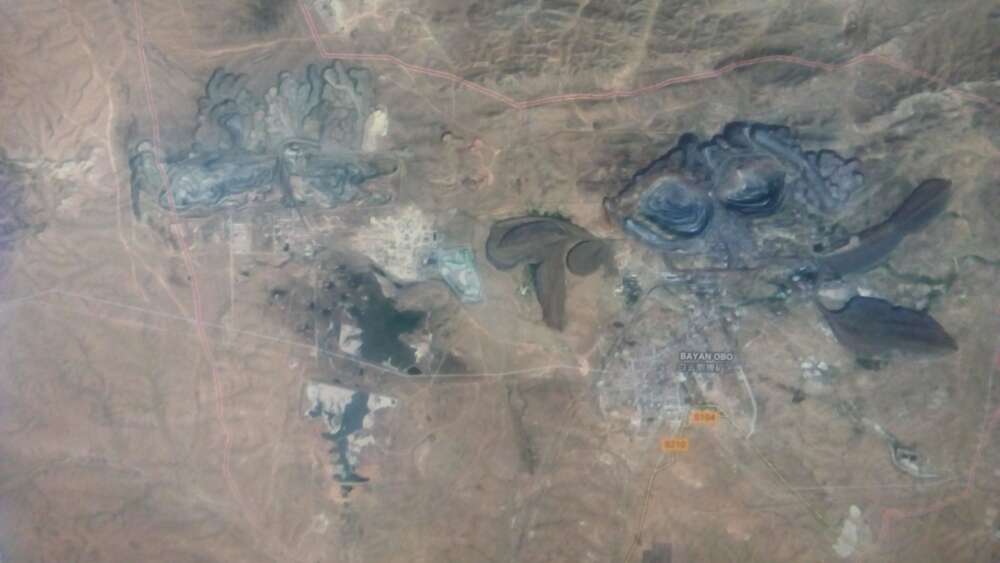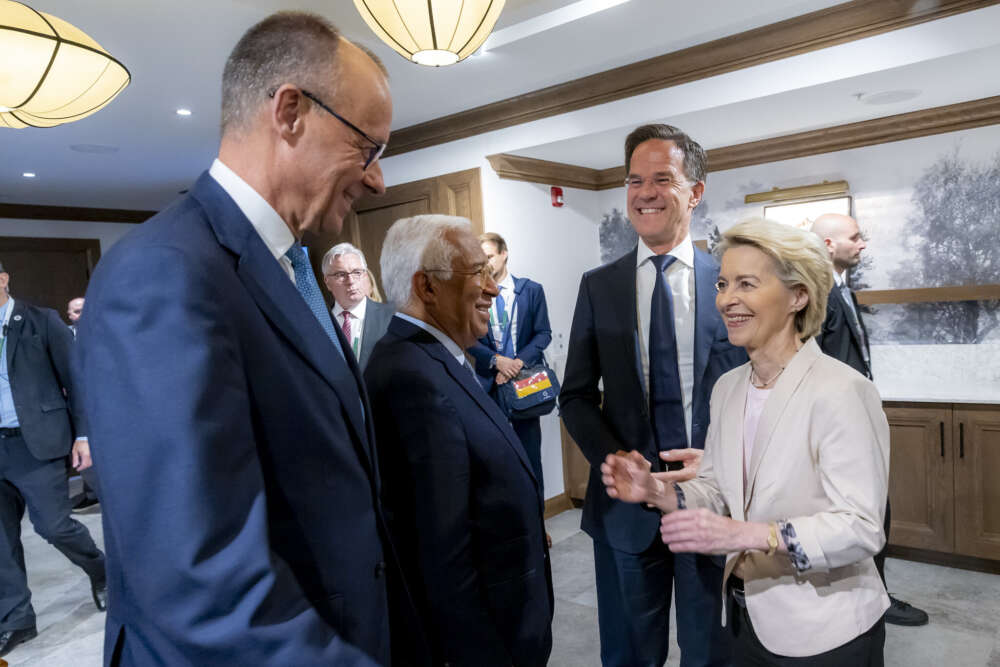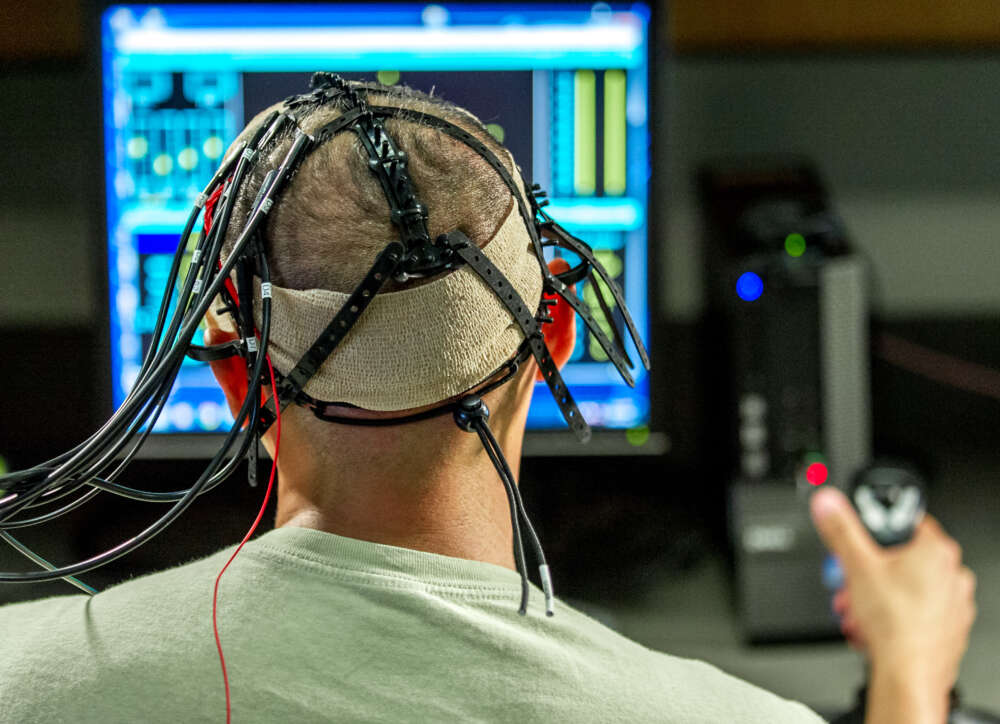Economic Security & Critical Technologies
Over the last years, global interdependencies – from raw materials to advanced semiconductors – have increasingly become weaponized for political leverage and coercion. China’s rise as a major authoritarian state-capitalist power and US President Donald Trump’s agenda question the premises of the post-Cold War global economic order in even more fundamental terms. In parallel, advances in digital technologies, artificial intelligence, synthetic biology, and other areas are transforming economies and societies, as well as the military realm. We seek to inform public debates on these critical developments and help key players in the public, private and non-profit sectors navigate and shape them. We both analyze specific technologies and industries, and take a bird’s-eye view, examining cross-cutting strategy and governance issues. We also convene exchanges to foster strategic communities and international partnerships.
Critical and Emerging Technologies: Sharpening the Strategic Agenda in Germany and Europe
Cutting-edge technologies are central to security, power and prosperity — even more so at a time of upheaval in the global order. This project seeks to advance the German and European debate on strategic goals, policy options and trade-offs, including through engagement with the evolving agenda in the United States.
Critical Raw Materials: Reducing Strategic Dependencies in Germany and Europe
For certain critical raw materials, Germany has become almost entirely dependent on China – yet past efforts have largely failed to reduce these vulnerabilities. This project aims to understand these past failures and to chart pathways forward.
Improving EU Resilience Through Resource Partnerships in Africa
In an effort to reduce its dependency on China, Europe is seeking partnerships with resource-rich states, notably in Africa. What could successful and mutually beneficial collaboration between European and African actors look like?
Neurotechnology: Considerations for Foreign and Security Policy
This project analyzes the rapidly developing field of neurotechnology from the perspectives of foreign and security policy. How might Germany take on a strategic position in the global neurotechnology ecosystem?
Experts
Thorsten Benner
Florian Klumpp
Ricardo Soares de Oliveira
Jakob Hensing
Wade Hoxtell
Isabel Skierka
Funding and Contact
Our recent work on economic security and critical technologies has been supported through grants from the German Federal Foreign Office, the Otto Wolff Foundation, and the Calouste Gulbenkian Foundation. Previously, our Transatlantic Digital Debates (TDD) program was generously supported by the Transatlantic Program of the German Federal Government, with funding from the European Recovery Program (ERP) of the Federal Ministry for Economic Affairs and Energy. Additional support was provided by Microsoft. In line with GPPi’s overall financial model, we also provide consulting and advisory services to companies, industry associations and public agencies, reinvesting all profits into our public-interest research.
For more information, please contact Jakob Hensing.
Transatlantic Digital Debates
The Transatlantic Digital Debates (TDD) was a fellowship program that brought together cohorts of 18 German and American young professionals to work on challenges at the intersection of tech and policy. Participants met for two week-long sessions to engage in problem-oriented dialogue on key issues such as the rapid transformation of the global economy through the integration of artificial intelligence, automation and digital commerce; increasing influence operations of authoritarian countries to steer global internet, technology and data governance policies; as well as the rise of online platform services and resulting concerns with respect to data protection, disinformation, targeted digital advertising, and corporate power, among others.
Trump erpresst Europa: Wie sollen wir reagieren?
US-Präsident Donald Trump möchte Grönland erwerben. Wer nicht kooperiert, muss mit Strafzöllen rechnen. Wie kann Europa sich wehren?
Beyond the Antichrist and the Kill Switch
One of the many remarkable features of the second Trump presidency has been the highly public embrace between his administration and tech sector leaders. What does “tech” want, and what are the implications of US tech statecraft for Europe?
Alarmstufe Rot bei seltenen Erden
Deutschland sollte von Donald Trumps Entschlossenheit lernen und Pekings Monopol bei kritischen Rohstoffen zu brechen, meint Thorsten Benner.
Updating Germany’s Security Apparatus
With a new government being formed in Berlin, economic security and technology should be at the heartof a new National Security Council.
Germany Has Stepped Up on Ukraine. Can It Also Lead on Upgrading Europe's Defense Capabilities?
Chancellor Friedrich Merz has further expanded Germany’s support to Ukraine and galvanized European crisis diplomacy. Will the new German government also take the lead in futureproofing Europe’s tech and defense capabilities?
Europas wehrhafte Wirtschaft
Deutschland muss nicht nur wettbewerbsfähiger werden. Sondern gegenüber den USA und China vor allem seine Systemwettbewerbsfähigkeit stärken!
Neurotechnology: A New Frontier for Prosperity and Security in Germany and Europe?
How can German and European foreign and security policy seize the opportunities and avert the threats neurotechnologies present?
Europe's Moment to Get on the Front Foot on De-Risking from China
With Donald Trump set to return to office, Europe faces critical decisions on trade and security. Jakob Hensing, Thorsten Benner and Florian Klumpp argue European leaders must swiftly negotiate with Trump to protect their interests and address the growing challenge of China.



















